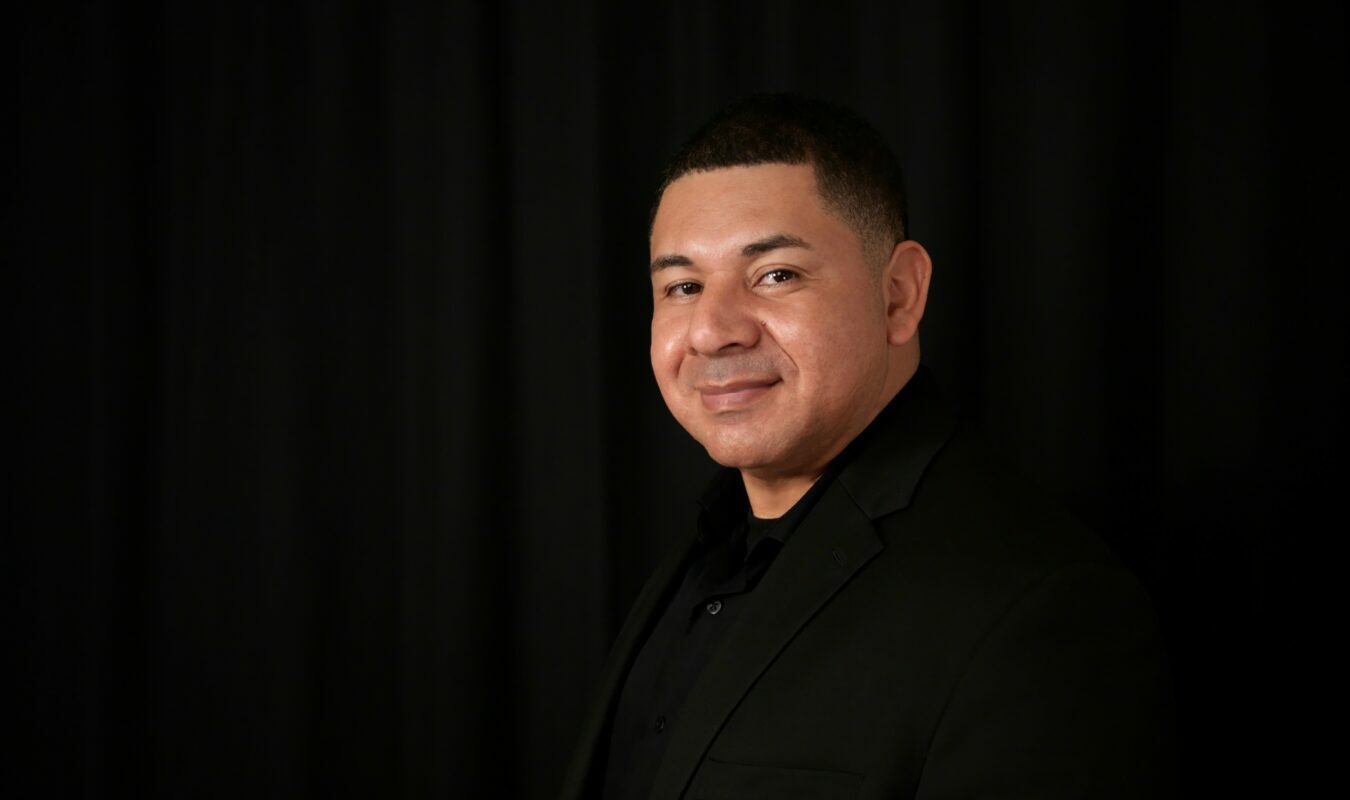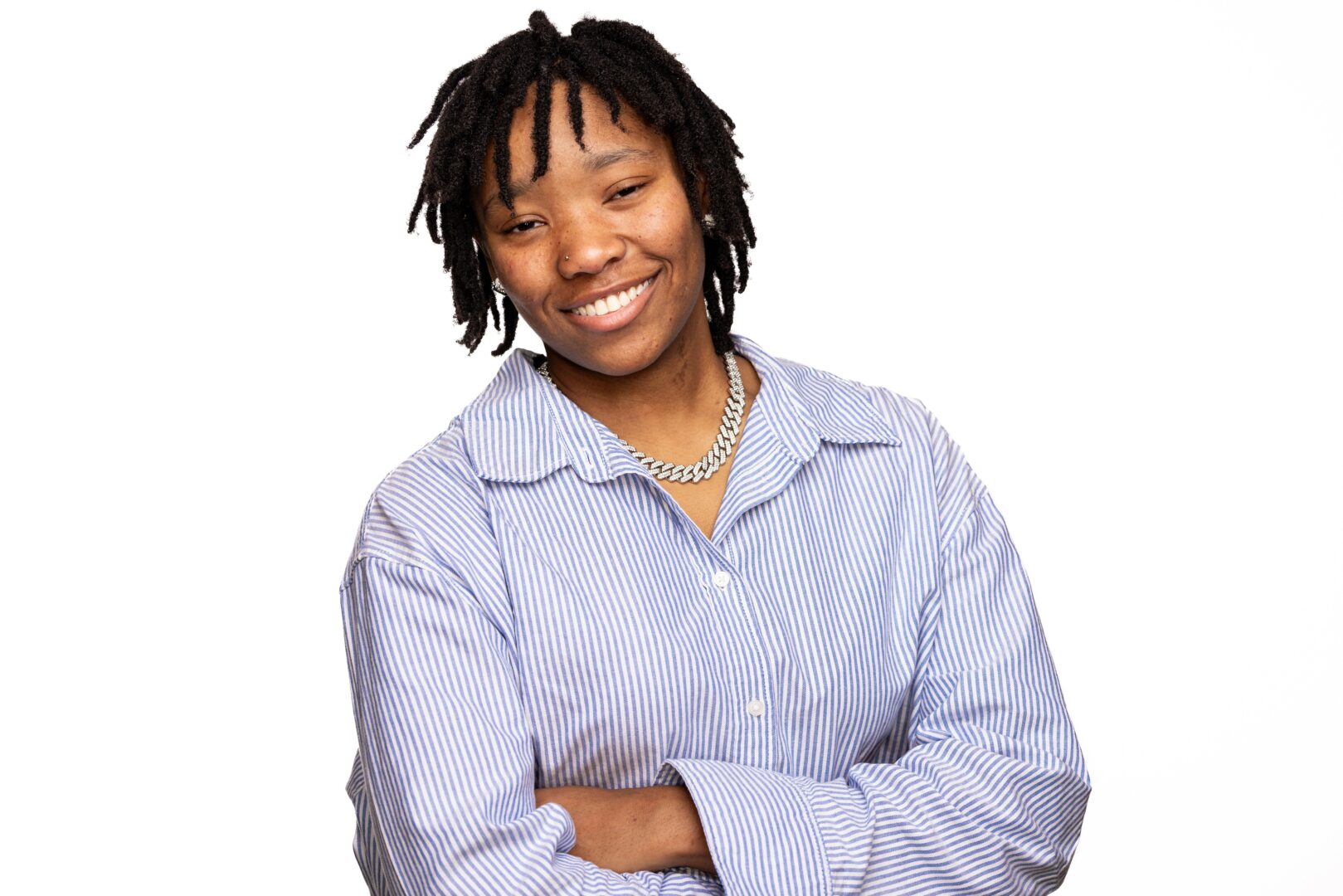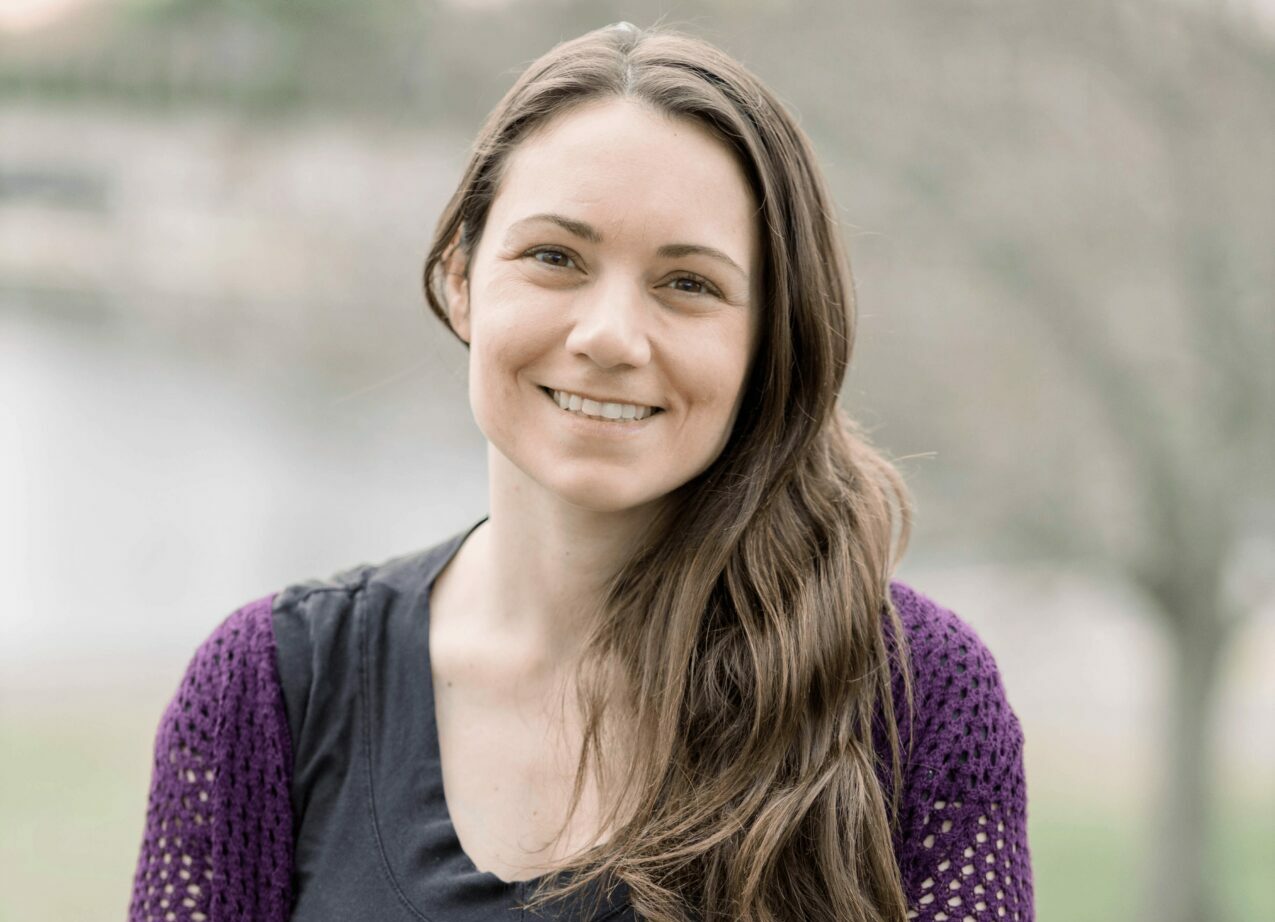We caught up with the brilliant and insightful Cindy Y Lam a few weeks ago and have shared our conversation below.
Hi Cindy Y, so great to have you on the platform. There’s so much we want to ask you, but let’s start with the topic of self-care. Do you do anything for self-care and if so, do you think it’s had a meaningful impact on your effectiveness?
A long walk each day involving nature helps sustain my art practice, mental and physical health. Interestingly, I had been walking for many years, but it was during a research project for a module in Sustainability while pursuing my Master of Fine Art, that I realized its impact on my daily life. I learned that I was actually practicing a form of Shinrin Yoku (Forest Therapy). My research confirmed that the benefits of spending time in nature have long been acknowledged but in 1982 the Japanese government officially coined the term Shinrin-yoku. During the 1980’s the Japanese government strongly encouraged this low cost and eco-friendly practice to their overworked nation, as many citizens were suffering from burnout by a technology-boom. Today, Forest therapy is widely practiced and valued not only in Japan but in many parts of the world. Indeed, my daily walks in nature help ground and provide me with stillness. It inspires and challenges my explorations to approach my art with all my senses. Walking and spending time in nature is a fundamental act in my selfcare.
Let’s take a small detour – maybe you can share a bit about yourself before we dive back into some of the other questions we had for you?
I am a Canadian Visual artist based in Toronto, my current practice focuses on working with paper as a medium. My creative methods include painting, stitching (by machine and by hand), writing and hand papermaking. The combination of these methods often results in abstracted landscape works.
My work explores themes of slowness, the passage of time, of juxtapositions, and of regeneration. Much of my work incorporates methods and materials that are highly tactile and require time in their development. My art practice aims to counter the frenetic pace of our highly digitized age where faster is often deemed better. My works are influenced by my daily walking practice where I consciously attune to the many non-human lifeforms, we share our planet with.
I hold a Master of Fine Arts degree from Falmouth University, UK and was awarded distinction classifications for both my final major project and degree. Recently I was given an Explore and Create grant by the Canada Council for the Arts to further my explorations in hand papermaking. Currently, I am in intensive studies and explorations of hand papermaking at the Paperhouse Studio in Toronto. I am having the time of my life beating fibers to a pulp to make paper!
Looking back, what do you think were the three qualities, skills, or areas of knowledge that were most impactful in your journey? What advice do you have for folks who are early in their journey in terms of how they can best develop or improve on these?
I had careers in different industries in marketing and sales for close to two decades before becoming a full-time artist a few years ago. Growing up in an immigrant family I was subtlety deterred from pursuing a career in art. My parents believed anything art related should be a hobby rather than something one pursued as a career. As an adult I understand that they were trying to protect me from taking a potentially challenging path. Now I often joke that I am finally rebelling and pursuing my true calling! As cliché as it sounds, I am an example that it is never to too late to pursue a different a career. I think a number of areas including goal setting, being open to feedback and selfcare have been most impactful to my art journey. Once I decided to pursue art making full time, I set short- and long-term goals. From seemingly little daily ones to much more lofty ones. I think it’s important to set little goals to help keep the momentum of your journey. It really helps to build confidence and keep you focused.
Another thing that has helped me is staying inquisitive and then being open to feedback. I ask a lot of questions and then set out to find out answers. I believe learning new things is a lifelong journey and there is always something new to learn. One thing I have found most helpful is seeking out experts and being open to their feedback and advice.
Lastly, selfcare is very important. We are constantly being bombarded by fleeting digital images and sounds,
sometimes it becomes rather overwhelming. For myself taking time to tune out from the digital world has been very helpful to my journey. I know that I need to spend time with nature away from screens to settle my mind.
Before we go, any advice you can share with people who are feeling overwhelmed?
I am anxious and impatient by nature. Starting a new career as a middle-aged adult resulted on many occasions where I would feel completely overwhelmed. I was filled with self doubt as to whether I had made the right decision. I often felt and still feel regularly that I am not achieving my goals fast enough and that I need to make up for lost time. I have learned to recognize some physical signs when I get anxious. I find it difficult to concentrate or my breathing becomes shallow. When the signs happen, I simply stop whatever I am doing and go for a small break. I’ll go for a quick walk or just take myself away from whatever task I was trying to do. I find stepping away even for a few minutes and coming back to always help clear my mind and settle my anxiety.
Contact Info:
- Website: www.cindyyanlam.com
- Instagram: cylam_art









